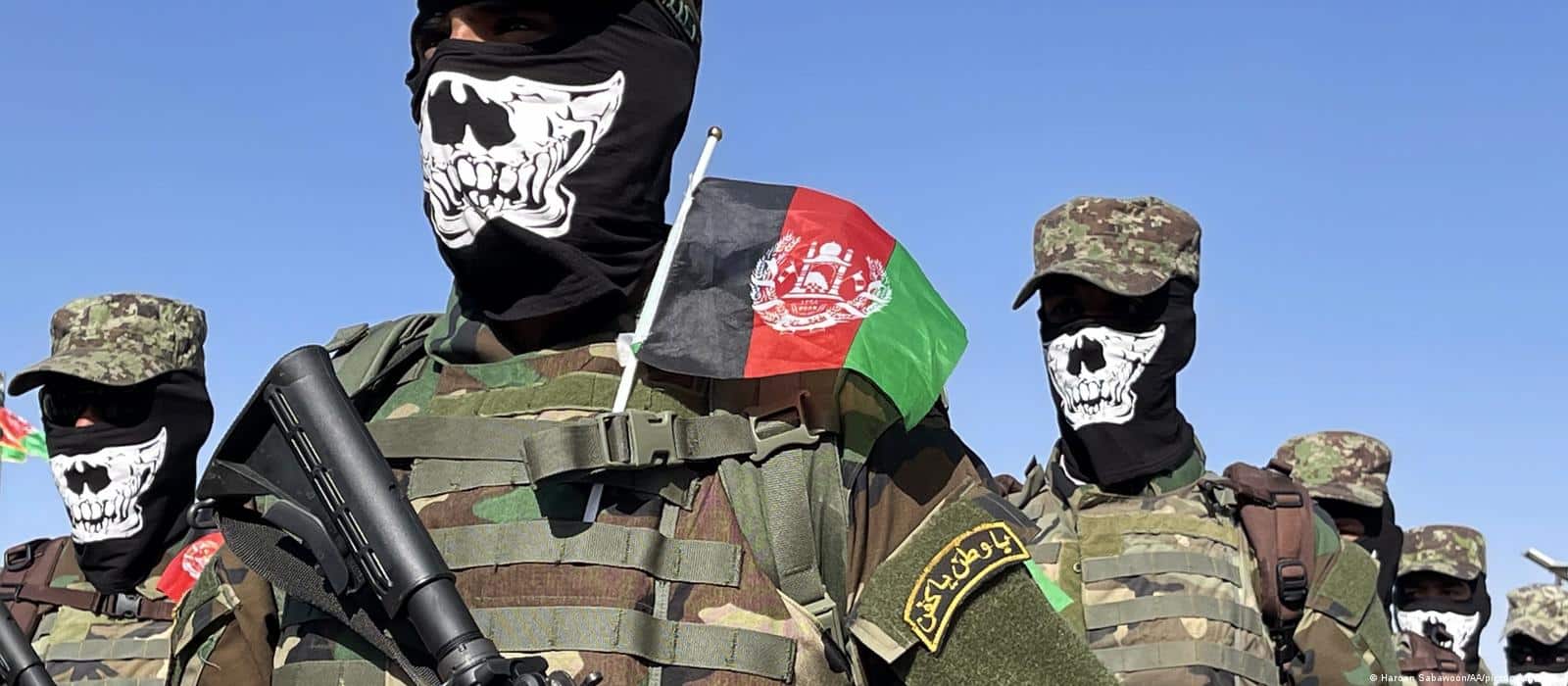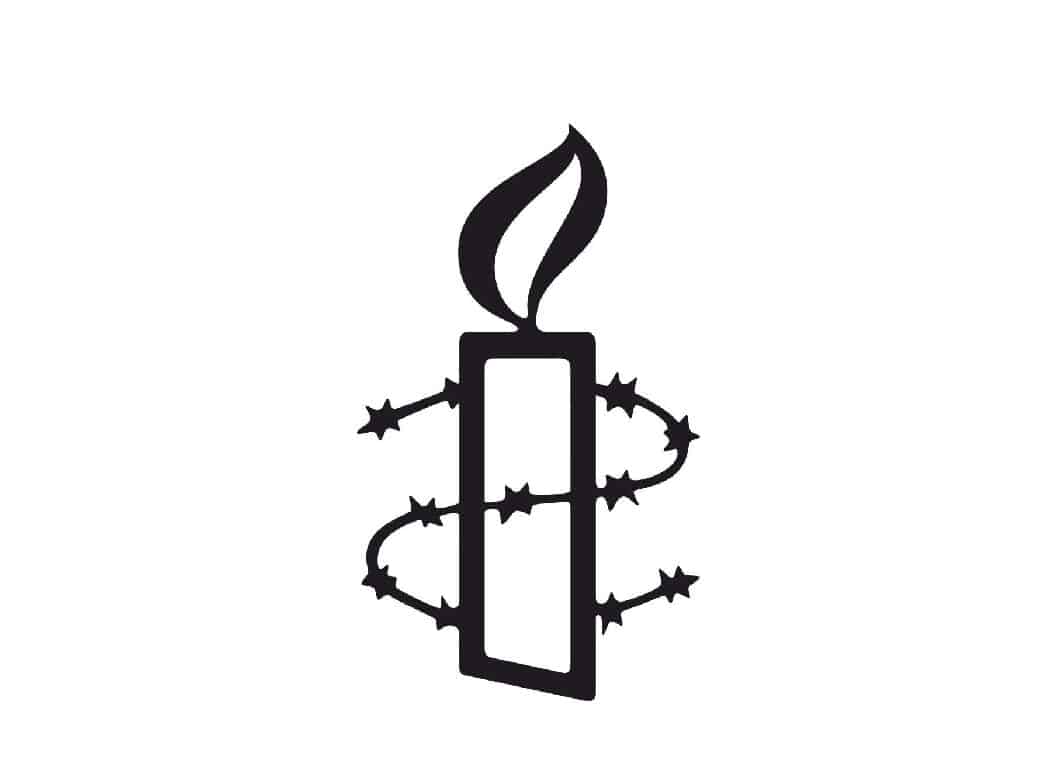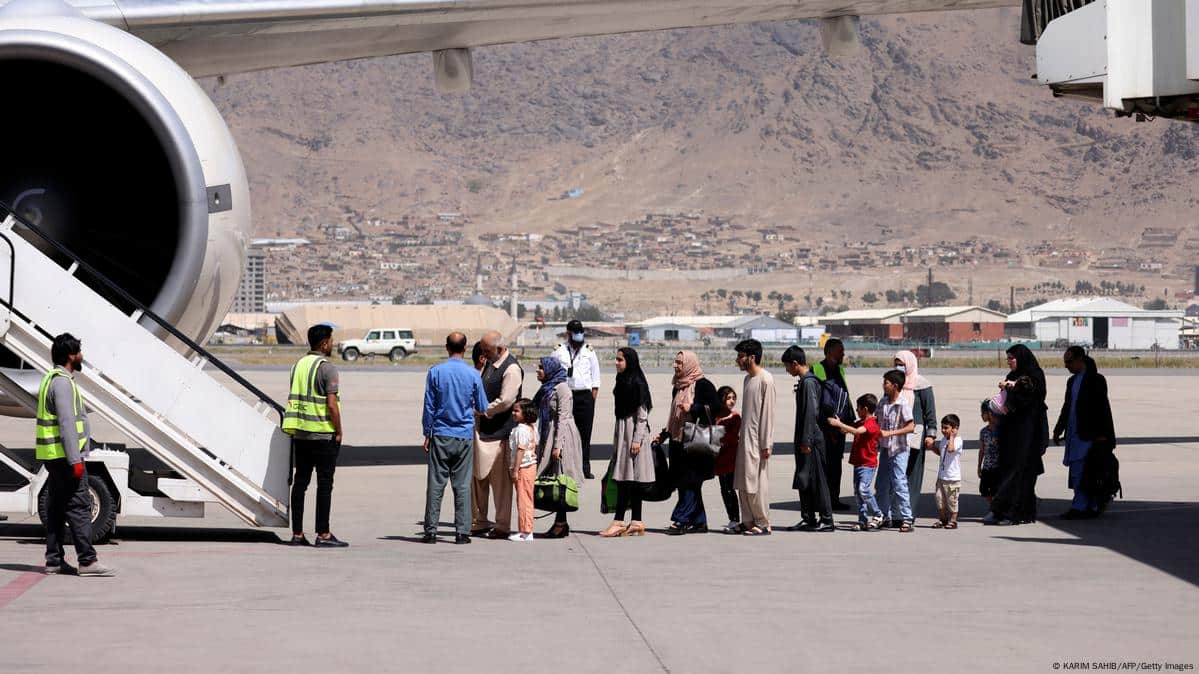
UK admits special forces’ role in rejecting Afghan commandos’ asylum applications
بریتانیا پذیرفت که نیروهای ویژه این کشور در رد درخواست پناهندگی کماندوهای افغان نقش داشتند
دولت بریتانیا در پاسخ به نامه یک نماینده مجلس این کشور تایید کرد که نیروهای ویژه، در روند رسیدگی به درخواست اقامت کماندوهای افغان، حق وتو داشتند.
رسانههای بریتانیا گزارش دادند که نیروهای ویژه، درخواست پناهندگی کماندوهای افغان را رد کردند.
دولت بریتانیا اخیرا در پاسخ به نامه لوک پولارد، نماینده مجلس و وزیر دفاع در سایه از حق وتوی نیروهای ویژه بریتانیا در تصمیمگیری برای اقامت کامندوهای افغان پرده برداشت.
هرچند دولت بریتانیا چند ماه پیش در پاسخ به این نماینده مجلس حق وتو نیروهای ویژه این کشور را رد کرده بود.
گفته میشود که کماندوهای افغان اگر اقامت بریتانیا را به دست بیاورند، میتوانند به عنوان شاهد عینی در محاکم بریتانیا در پیوند به اتهامهای جرایم جنگی از سوی نیروهای بریتانیایی در افغانستان ابراز نظر کنند.
کماندوهای افغان در جریان ماموریت نیروهای ویژه بریتانیا در افغانستان، به عنوان بازوی توانمند آنها علیه تهدیدات امنیتی و خطر تروریسم در این کشور مبارزه کردند.
پس از سقوط دولت و به قدرت رسیدن طالبان در افغانستان، کماندوهای افغان یکی از گروهای نظامی بودند که در رده نخست خطر جانی قرار داشتند.
نیروهای کماندوی قطعات سیاف سیاف ۳۳۳ و ایتیاف ۴۴۴ از جمله نظامیانی بودند که با نیروهای ویژه بریتانیا در افغانستان همکاری نزدیک داشتند.
این نظامیان، پس از سقوط دولت در افغانستان در ادامه همکاری با نیروهای ویژه بریتانیا، از دولت این کشور خواستند امکان اقامتشان در بریتانیا را فراهم کند.
درخواست اقامت بسیاری از کماندوهای افغان از سوی نهادهای مسئول در بریتانیا رد شد، اما لوک پولارد نماینده مجلس بریتانیا با تعقیب پرونده اقامتی نظامیان افغان دریافت که نیروهای ویژه این کشور با اقامت همکاران افغانشان در بریتانیا مخالفت کردهاند.
کارشناسان نظامی در بریتانیا میگویند که نیروهای کماندوی افغانستان قربانی تضاد منافع شدهاند. این کارشناسان استدلال میکنند که دولت بریتانیا به کسانی فرصت ابراز نظر و تصمیمگیری در مورد اقامت کامندوهای افغان را داده است که در این قضیه ذینفع و یا متضرر اند.
با این حال لوک پولارد میگوید که دولت بریتانیا در حق کماندوهای افغان که شانه به شانه نیروهای ویژه بریتانیا جنگیدهاند، مرتکب «خیانت» شده است. او همچنان اضافه میکند که این نیروهای افغان در معرض «خطر تعقیب و اعدام قرار دارند».
این در حالی است که هماکنون بسیاری از نظامیان دولت پیشین افغانستان از ترس اقدامات انتقامجویانه طالبان به کشورهای همسایه به سر میبرند. در نزدیک به سه سال سلطه طالبان در افغانستان بسیاری از نظامیان حکومت پیشین از سوی افراد ناشناس کشته شده و جسدهای آنان از اطراف شهرها به دست آمده است.
The UK government has confirmed that its special forces had the power to veto the residency applications of Afghan commandos.
British media reported that the special forces had rejected the asylum requests of Afghan commandos. This revelation came in response to a letter from Luke Pollard, a Member of Parliament and Shadow Defence Minister, highlighting the veto power held by UK special forces in the decision-making process for the Afghan commandos’ residency.
A few months ago, the UK government had denied the special forces’ veto power in response to an inquiry from the same MP.
It is believed that if Afghan commandos gain residency in the UK, they could serve as eyewitnesses in British courts regarding allegations of war crimes committed by British forces in Afghanistan. Afghan commandos fought alongside UK special forces during their missions in Afghanistan, acting as a strong arm against security threats and terrorism.
Following the fall of the Afghan government and the Taliban’s rise to power, Afghan commandos were among the military groups at the highest risk of personal danger. The elite units, CF-333 and ATF-444, collaborated closely with British special forces in Afghanistan. These commandos requested residency in the UK to continue their cooperation with British forces after the government’s collapse in Afghanistan.
Many residency applications by Afghan commandos were rejected by the responsible authorities in the UK. However, MP Luke Pollard’s investigation into these residency cases revealed that British special forces opposed granting residency to their Afghan counterparts.
Military experts in the UK argue that Afghan commandos have become victims of a conflict of interest, as decision-making power was given to those with vested interests in the matter.
Despite this, Luke Pollard claims that the UK government has betrayed the Afghan commandos who fought alongside British special forces. He further adds that these Afghan forces are now “at risk of persecution and execution.”
Meanwhile, numerous former Afghan military personnel now live in neighboring countries, fearing Taliban retribution. In nearly three years of Taliban rule in Afghanistan, many former military officials have been killed by unknown assailants, with their bodies discovered on the outskirts of cities.
The situation for former Afghan military officials is dire. Many are in hiding, fearing persecution from the Taliban, who view them as enemies of the state. These officials, once part of a structured military system, now live in constant fear for their lives.
Reports indicate that some have been captured, tortured, and executed by the Taliban, creating a climate of fear and uncertainty for those who remain in Afghanistan.
The international community has expressed concern over the treatment of these former officials. Human rights organizations are calling for urgent action to provide asylum and protection to those at risk. The failure to address their plight could lead to further loss of life and a worsening humanitarian crisis.
Source
- Tags
- Europe



